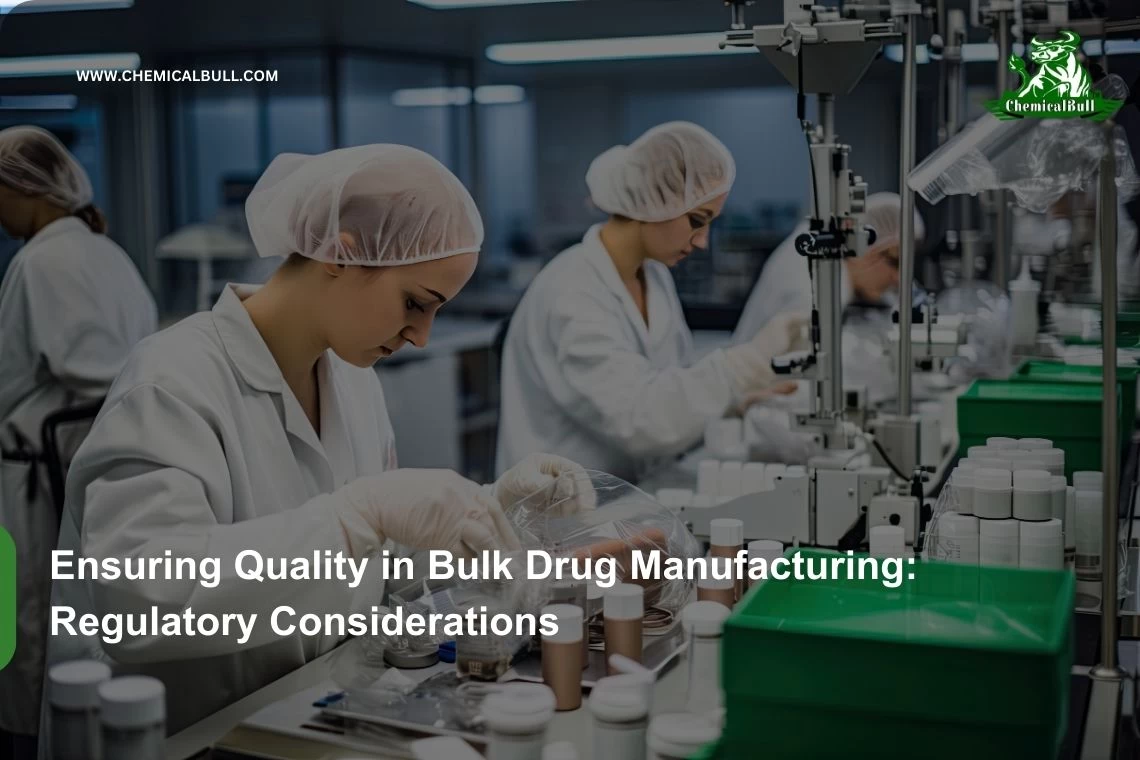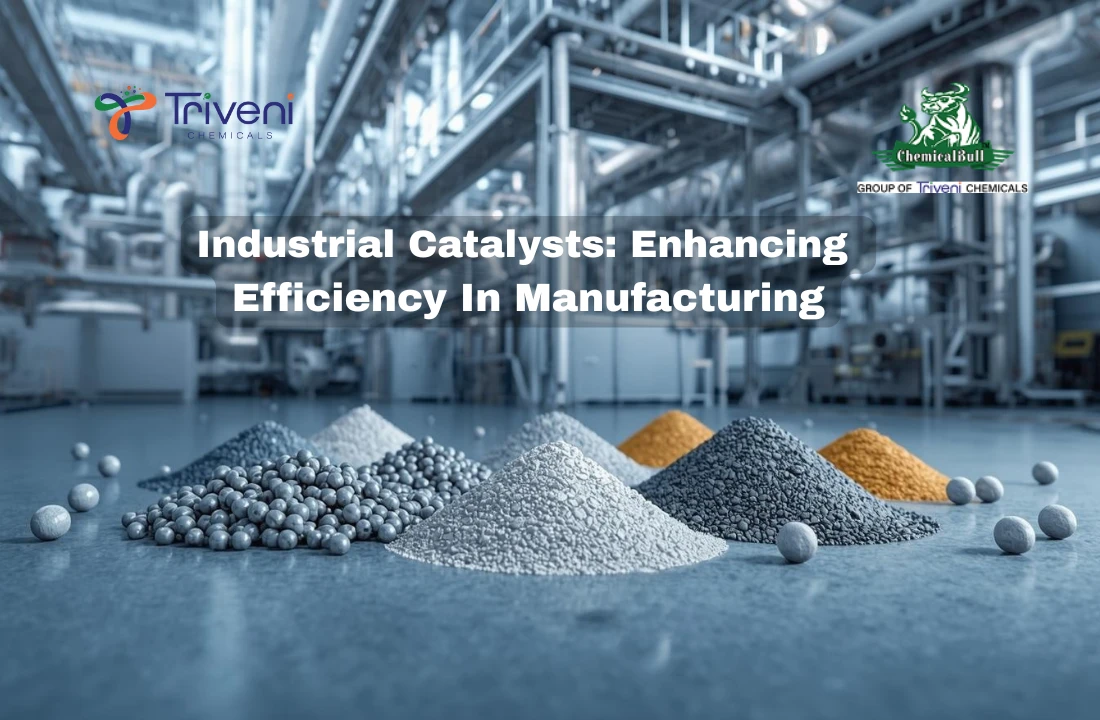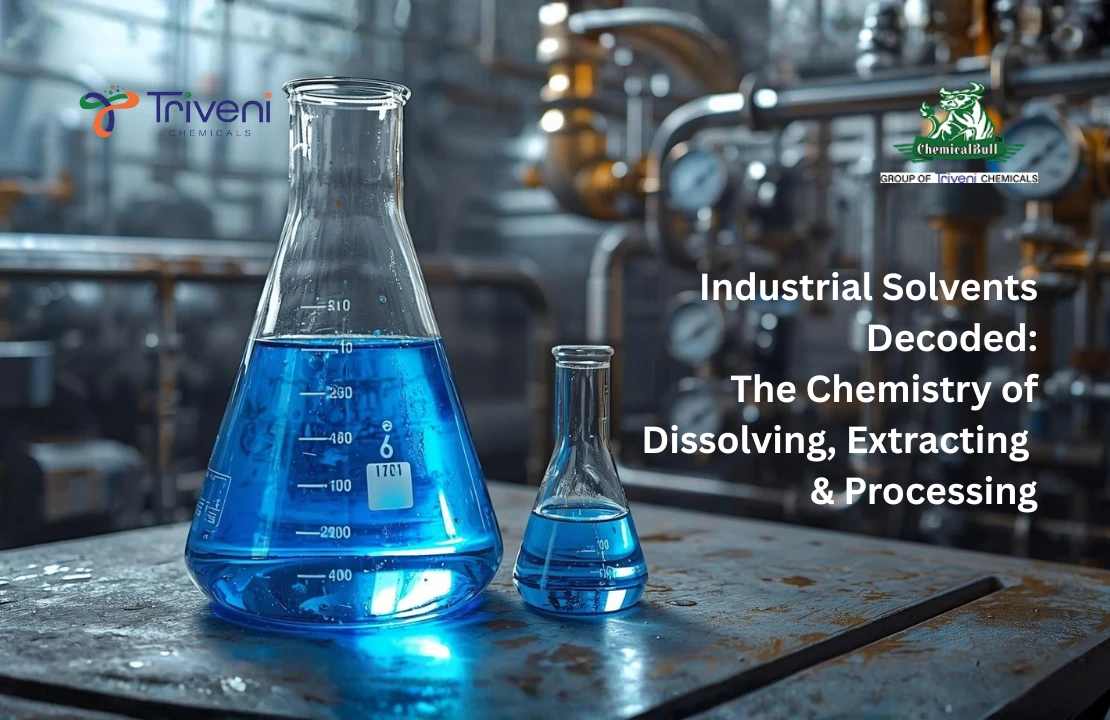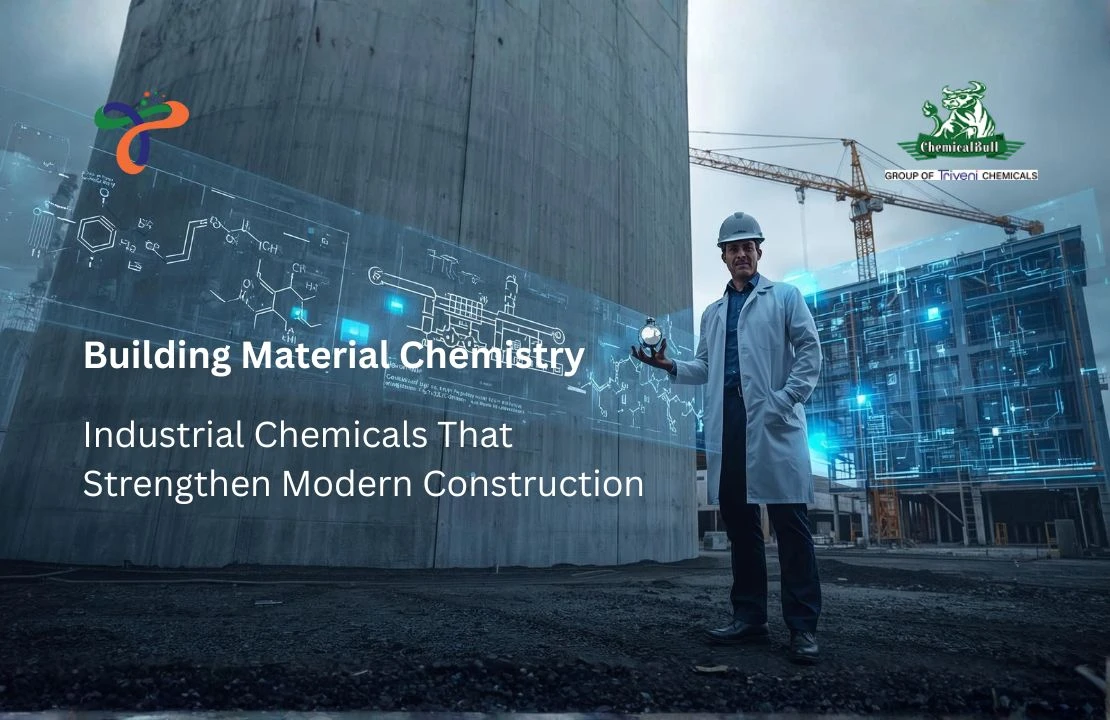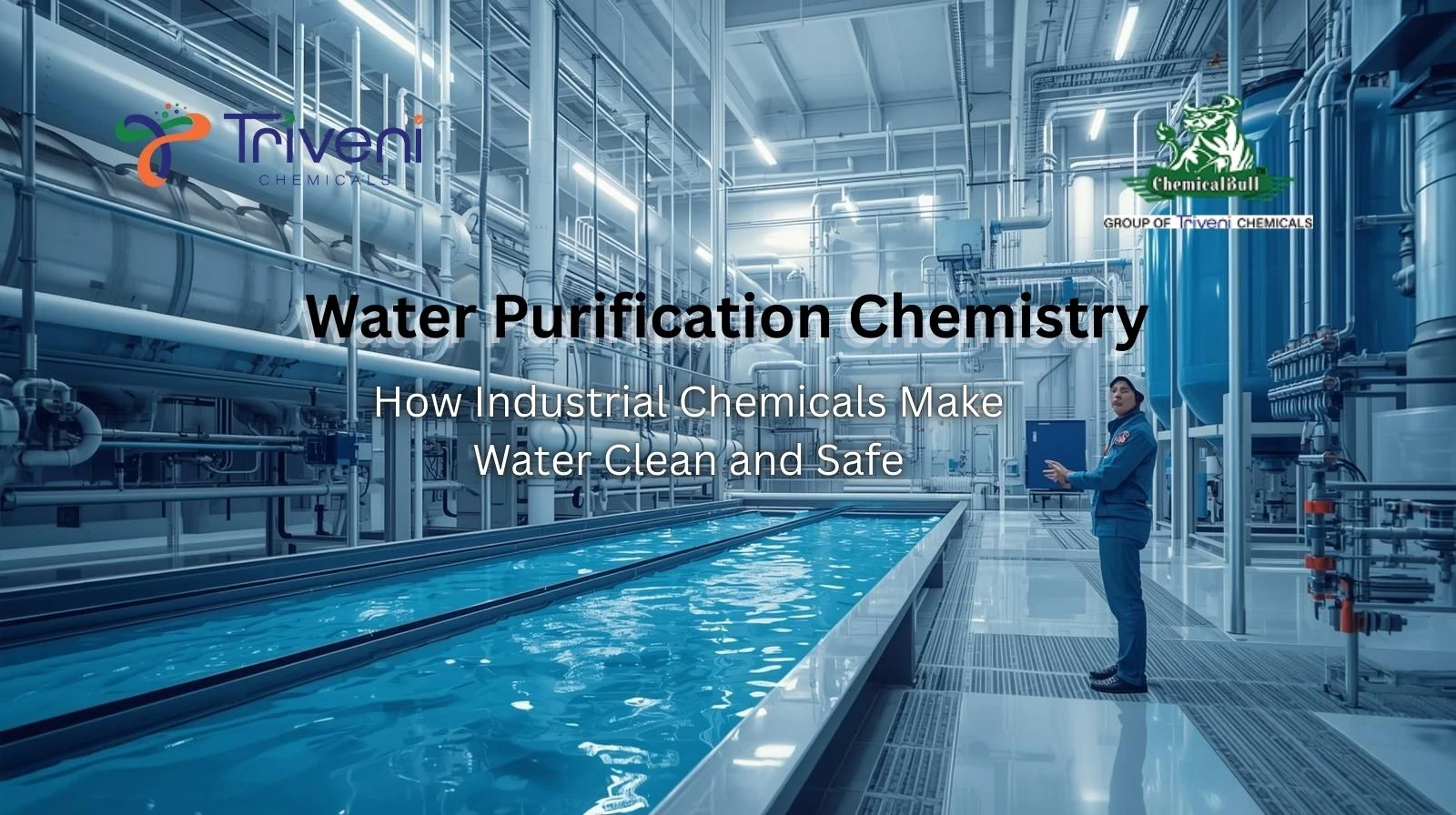Ensuring Quality In Bulk Drug Manufacturing: Regulatory Considerations
I. Introduction
1.1 The Imperative of Quality in Bulk Drug Manufacturing
Embark on an exploration of the paramount importance of quality in the manufacturing of bulk drugs. Understand how regulatory considerations form the backbone of ensuring the safety, efficacy, and consistency of pharmaceuticals derived from these active pharmaceutical ingredients (APIs).
1.2 Defining Bulk Drug Quality
Define the criteria for quality in the context of bulk drug manufacturing. Explore the multifaceted dimensions, from chemical purity to manufacturing processes, that contribute to the overall quality of APIs and, consequently, the medications they form.
1.3 The Role of Regulatory Oversight
Highlight the role of regulatory oversight in upholding quality standards. Set the stage for an in-depth examination of the various regulatory considerations that govern bulk drug manufacturing, ensuring compliance with global standards.
II. Regulatory Frameworks for Bulk Drug Quality
2.1 International Regulatory Standards
Explore the international regulatory standards that set the benchmark for bulk drug quality. Delve into organizations such as the U.S. Food and Drug Administration (FDA), the European Medicines Agency (EMA), and the World Health Organization (WHO), understanding their roles in establishing global quality norms.
2.2 Good Manufacturing Practices (GMP)
Unpack the significance of Good Manufacturing Practices (GMP) in the context of bulk drug manufacturing. Examine how adherence to GMP ensures the consistency and reliability of manufacturing processes, contributing to the overall quality of APIs.
2.3 Current Good Manufacturing Practice (cGMP)
Navigate the specifics of Current Good Manufacturing Practice (cGMP), particularly its application in the production of bulk drugs. Understand how cGMP guidelines govern every stage of manufacturing, from raw material sourcing to packaging and labeling.
2.4 Quality Management Systems (QMS)
Delve into the role of Quality Management Systems (QMS) in maintaining and improving bulk drug quality. Explore how these systems provide a framework for continuous improvement, risk mitigation, and adherence to regulatory requirements.
III. Ensuring Raw Material Quality
3.1 Raw Material Selection and Sourcing
Examine the critical considerations in selecting and sourcing raw materials for bulk drug manufacturing. Understand how the quality of raw materials directly influences the quality of the final APIs, emphasizing the need for rigorous evaluation and control.
3.2 Risk Assessment in Raw Material Procurement
Explore the concept of risk assessment in the procurement of raw materials. Understand how manufacturers evaluate potential risks, including contamination and variability, and implement strategies to mitigate these risks to uphold bulk drug quality.
3.3 Supplier Qualification Processes
Navigate the processes involved in qualifying and selecting suppliers of raw materials. Explore how robust supplier qualification processes contribute to the reliability of the supply chain, ensuring the consistent quality of raw materials.
3.4 Traceability and Transparency
Highlight the importance of traceability and transparency in raw material sourcing. Explore how advanced tracking systems and transparency measures contribute to accountability, enabling manufacturers to trace the origin and quality of every component.
IV. Quality Control Measures in Bulk Drug Manufacturing
4.1 In-Process Quality Control
Examine the role of in-process quality control in bulk drug manufacturing. Understand how continuous monitoring at various stages of production ensures that the final APIs meet predetermined quality standards, minimizing the risk of deviations.
4.2 Analytical Testing Methods
Navigate the world of analytical testing methods employed in bulk drug manufacturing. Explore how advanced analytical techniques, such as high-performance liquid chromatography (HPLC) and mass spectrometry, contribute to the accurate assessment of API quality.
4.3 Batch Release and Quality Assurance
Explore the process of batch release and its integral role in quality assurance. Understand how manufacturers conduct comprehensive assessments before releasing batches to the market, ensuring that each batch meets regulatory and quality specifications.
4.4 Compliance Audits and Inspections
Highlight the significance of compliance audits and inspections in the maintenance of bulk drug quality. Explore how regulatory authorities and independent auditors assess manufacturing facilities to ensure ongoing compliance with quality standards.
V. Challenges in Ensuring Bulk Drug Quality
5.1 Complexities in Global Supply Chains
Navigate the complexities introduced by global supply chains in ensuring bulk drug quality. Examine the challenges associated with coordinating and maintaining consistent quality standards across diverse geographical locations.
5.2 Changing Regulatory Landscape
Address the impact of a changing regulatory landscape on the efforts to ensure bulk drug quality. Explore how evolving regulations and guidelines pose challenges and opportunities for manufacturers in meeting and exceeding quality expectations.
5.3 Counterfeit and Substandard Drugs
Examine the persistent challenge of counterfeit and substandard drugs in the pharmaceutical industry. Understand how these issues pose threats to bulk drug quality and explore strategies to combat their proliferation.
5.4 Technological Advancements and Industry Adaptation
Explore the challenges and opportunities presented by technological advancements in bulk drug manufacturing. Understand how the rapid pace of technological innovation requires continual adaptation to ensure that quality standards remain at the forefront.
VI. Future Perspectives and Conclusion
6.1 Anticipating Future Regulatory Developments
Anticipate future regulatory developments in the landscape of bulk drug quality. Explore how emerging trends, technological advancements, and global health challenges will shape the regulatory frameworks governing the manufacturing of bulk drugs.
6.2 Continuous Improvement in Quality Paradigms
Summarize the imperative of continuous improvement in quality paradigms within bulk drug manufacturing. Emphasize the collaborative efforts required from manufacturers, regulatory bodies, and the industry as a whole to elevate and sustain the quality of bulk drugs.
FAQs
Q1: How do international regulatory standards contribute to bulk drug quality?
A1: International regulatory standards, established by organizations such as the FDA, EMA, and WHO, set the benchmark for bulk drug quality. Adherence to these standards ensures that manufacturers meet consistent and stringent criteria, contributing to global quality norms.
Q2: What role does Good Manufacturing Practice (GMP) play in bulk drug manufacturing?
A2: Good Manufacturing Practice (GMP) is crucial in bulk drug manufacturing as it provides guidelines for maintaining the consistency and reliability of manufacturing processes. Adherence to GMP ensures that the production of active pharmaceutical ingredients (APIs) meets established quality standards.
Q3: How do manufacturers address the challenges of global supply chains in ensuring bulk drug quality?
A3: Manufacturers address the challenges of global supply chains by implementing robust quality control measures, traceability systems, and stringent supplier qualification processes. These efforts aim to maintain consistent quality standards across diverse geographical locations.
Q4: What are some advanced analytical testing methods used in bulk drug manufacturing?
A4: Advanced analytical testing methods in bulk drug manufacturing include high-performance liquid chromatography (HPLC), mass spectrometry, and other sophisticated techniques. These methods enable manufacturers to accurately assess the quality and purity of active pharmaceutical ingredients (APIs).
Q5: How does the changing regulatory landscape impact efforts to ensure bulk drug quality?
A5: The changing regulatory landscape poses challenges and opportunities in ensuring bulk drug quality. Evolving regulations require manufacturers to adapt continually, balancing compliance with emerging standards while leveraging new opportunities for innovation and improvement.


